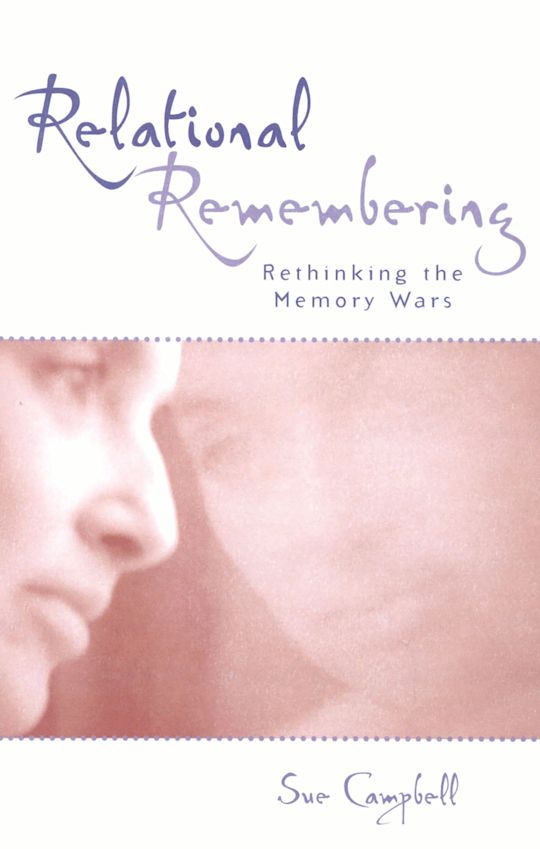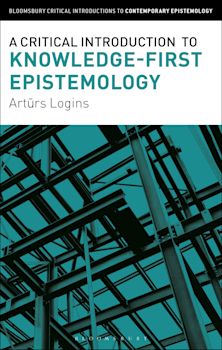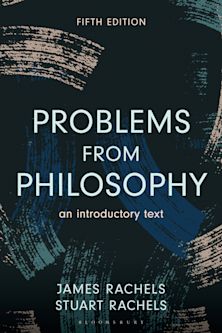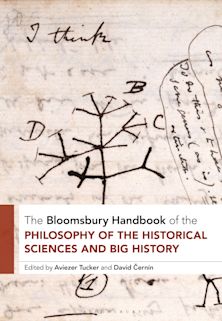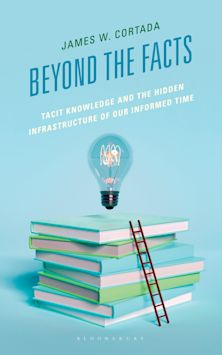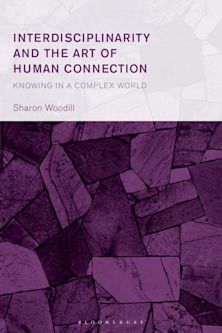- Home
- ACADEMIC
- Philosophy
- Epistemology
- Relational Remembering
This product is usually dispatched within 1 week
- Delivery and returns info
-
Free CA delivery on orders $40 or over
You must sign in to add this item to your wishlist. Please sign in or create an account
Description
Tracing the impact of the "memory wars" on science and culture, Relational Remembering offers a vigorous philosophical challenge to the contemporary skepticism about memory that is their legacy. Campbell's work provides a close conceptual analysis of the strategies used to challenge women's memories, particularly those meant to provoke a general social alarm about suggestibility. Sue Campbell argues that we cannot come to an adequate understanding of the nature and value of memory through a distorted view of rememberers.
The harmful stereotypes of women's passivity and instability that have repopulated discussions of abuse have led many theorists to regard the social dimensions of remembering only negatively, as a threat or contaminant to memory integrity. Such models of memory cannot help us grasp the nature of harms linked to oppression, as these models imply that changed group understandings of the past are incompatible with the integrity of personal memory. Campbell uses the false memory debates to defend a feminist reconceptualization of personal memory as relational, social, and subject to politics. Memory is analyzed as a complex of cognitive abilities and social/narrative activities where one's success or failure as a rememberer is both affected by one's social location and has profound ramifications for one's cultural status as a moral agent.
Table of Contents
Chapter 2 Respecting rememberers
Chapter 3 Framing women's testimony: narrative position and memory authority
Chapter 4 The subjects of therapy: Revisiting Trauma and Recovery
Chapter 5 "The feeling of identity is quite wanting...in the true woman": Models of memory and moral character
Chapter 6 Suggestibility, misdesign, and social skepticism
Chapter 7 The costs of a stereotype: Defending women's confidential records
Chapter 8 A singular and representative life: Personal memory and systematic harms
Product details
| Published | Oct 28 2003 |
|---|---|
| Format | Hardback |
| Edition | 1st |
| Extent | 238 |
| ISBN | 9780742532809 |
| Imprint | Rowman & Littlefield Publishers |
| Dimensions | 236 x 157 mm |
| Series | Feminist Constructions |
| Publisher | Bloomsbury Publishing |
About the contributors
Reviews
-
Sue Campbell provides an insightful and much-needed analysis of the current debates surrounding recovered memories. Her lucidly argued position is essential reading for both therapists and theorists grappling with this contentious subject.
Toni Suzuki Laidlaw, Dalhousie University, Dalhousie University
-
Relational Remembering is a compelling, persuasively argued book that brings a welcome philosophical sophistication to recent debates in the so-called 'memory wars.' Sue Campbell argues that our dependence on others in the construction of narratives of our past, far from undermining the reliability of our memories, is necessary for 'good remembering.' Philosophers, cognitive psychologists, therapists, feminist theorists-indeed, everyone interested in the politics of memory-will benefit from reading this fascinating study of memory and identity.
Susan J. Brison, author of Aftermath: Violence and the Remaking of a Self
-
In Relational Remembering Sue Campbell extends to the contentious terrain of the 'memory wars' the subtle and lucid account of subjectivity that she articulated in Interpreting the Personal. This extraordinary achievement shows that seeking the truth about what we feel or about what we seem to remember requires, not abstraction from, but politically informed attention to the social contexts in which those feelings and memories take shape.
Naomi Scheman, professor of philosophy and women's studies, University of Minnesota
-
This is an especially useful text for those interested in philosophically interdisciplinary projects. . . . Relational Remembering presents an important feminist voice in the arguments over the unity and stability of memory. Campbell's text is critical, important, and quite provocative. Highly recommended.
Choice Reviews
-
An engaging and intelligent book, Relational Remembering is a probing analysis of the false memory movement written by an insightful and sophisticated philosopher of science. Of interest to a wide audience, Relational Remembering should be required reading by all those who claim-or would like to claim-expertise on memory for trauma.
Jennifer J. Freyd, author of Betrayal Trauma: The Logic of Forgetting Childhood Abuse









